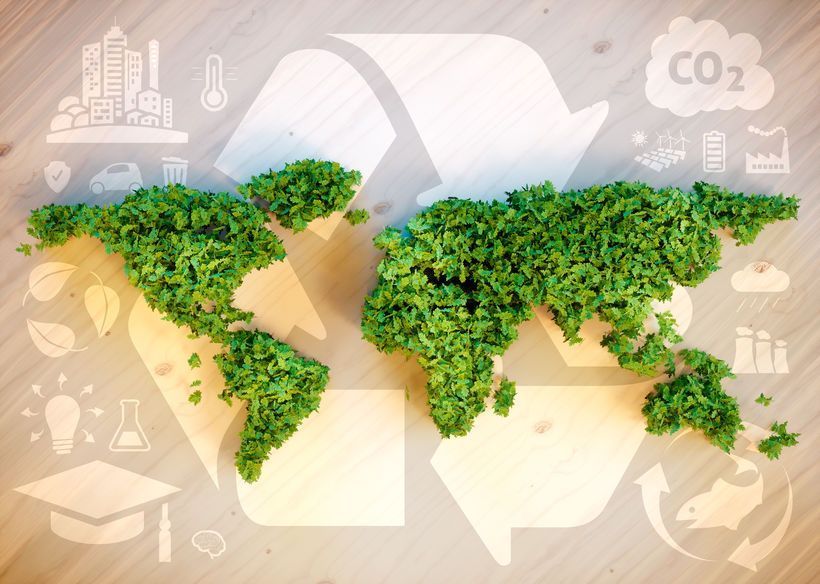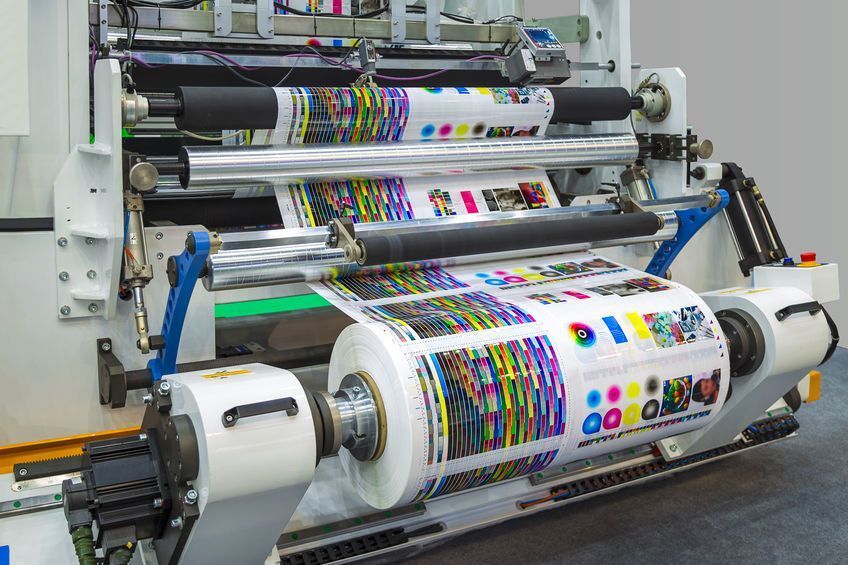
by ParnoAdmin | Jun 27, 2019 | Uncategorized
Sustainable options of Parnoplast
 At this time of environmental challenges for the plastic industry, sustainable development responses are needed, responses that we find mainly in the field of innovation and that allow us to collaborate actively making an intelligent and sustainable planet.
At this time of environmental challenges for the plastic industry, sustainable development responses are needed, responses that we find mainly in the field of innovation and that allow us to collaborate actively making an intelligent and sustainable planet.
Since its beginnings, Parnoplast take responsibility for caring for environment through initiatives developed by our teams, trained and involved in order to achieve the change towards excellence in this care.
To achieve this, we take into account the needs raised by our customers in direct relation to the end uses of the products they manufacture.
In response, Parnoplast:
- We manufacture plastic products with raw materials entirely recyclables.
- Our suppliers offer for each of their products the traceability of guaranteed provenance, both post-industrial and post-consumer origin. This will depend on the application for which they are intended, thus obtaining the highest quality result for each final use.
- At Parnoplast, we offer the possibility of formulating our plastic sheets with a percentage of recovered material, this percentage depending on the requirements of each project, thus improving costs and providing a final product that complies with a commitment to sustainability.
- We present our Ecoparno products, a reference that refers to our sheets made with degradable materials.
The degradation of plastic materials naturally takes a long time period and, sometimes, the final location of these plastics causes the accumulation of plastics on the nature.
Ecoparno products were designed with the necessary chemical modification that allow them to accelerate their own degradation process, achieving a reduction of approximately 10 years, depending on the thickness of the sheet and the final location of the manufactured parts. Acceleration occurs when the material comes into contact with the medium (action of the sun, rain, oxygen and microorganisms), generating a colony of bacteria capable of converting the polymer chain of certain thermoplastics into CO2, H2O and biomass.
EcoParno materials are produced on a polystyrene, polypropylene and polyethylene basis, thus allowing the mechanical properties of these thermoplastics to be maintained. They are not OXO-degradable materials, so they do not convert into microplastics, nor give off heavy materials to environment.
- We present our bioplastic materials, which come from natural and renewal sources. Usually, bioplastics are certificated under the regulations of biodegradability and compostability (UNE-EN 13432 and UNE-EN 14995, respectively), although not all bioplastics are biodegradables or compostable.
For further information, contact with our Sales Department to learn more about our products and to know prices.

by ParnoAdmin | Jun 26, 2019 | Uncategorized
Printing plastics

PRINTING ON PLASTIC MATERIALS
One of the best ways to personalize a package is to print on it a design that reflects the characteristics of the product it contains as well as communicating the identity of the brand it represents. For this reason, different printing methods are used on plastic materials such as PS, PP or PET. The usual types of printing are: digital, offset, rotogravure and flexography.
The advantages of printing on plastics are diverse, such as obtaining products that require lower production costs by using fewer chemical substances in the process, obtaining a quick drying of the inks so that the printing speed increases, obtaining a great impression sharpness, and also print on a surface that can be chemically and mechanically modified to adapt to the end use of printed sheets.
Note that plastics allow easy post-printing processing, being able to fold, stamp, perforate, rivet, sew or laminate the product once it is printed.
To improve ink adhesion, at Parnoplast we offer the possibility of applying corona treatment on the surface of our extruded plastic’s sheets, either on one side or on both sides of the product. This treatment consists in applying a high-frequency discharge to the plastic, causing oxidation on it, thus obtaining an adequate surface tension for the correct anchoring of the printing inks.
Usually, polymers do not have porous surfaces in addition to being chemically inert with low surface tension. Therefore, this treatment is recommended when it is needed to obtain good print quality.
It is also used in lamination and coating applications with the use of adhesives.
We apply different levels of surface tension based on the printing type that our clients are going to do, being a tension of 39 dynes/cm for conventional screen printing, 40 dynes/cm for screen printing with UV inks and 42 dynes/cm for UV offset printing.
The duration of corona treatment is 3 months for UV offset printing from the date of manufacture. For the automatic feeding of the sheets it is recommended that they have been previously squared. UV screen printing is guaranteed for 6 months.
The duration of the treatment can be affected by the storage conditions (humidity and ambient temperature) causing a loss in the response of the corona treatment. Likewise, the duration of the treatment can also be affected if the impression is applied to materials that contain slip agents (such as products treated with an anti-blocking additive). For this type of products, it is recommended to consult our sales team in advance
It is important to note that the inks used in each type of plastic material are specific to each one of them.
For further information, contact our sales department to find out which product is the most suitable for your project.







Recent Comments